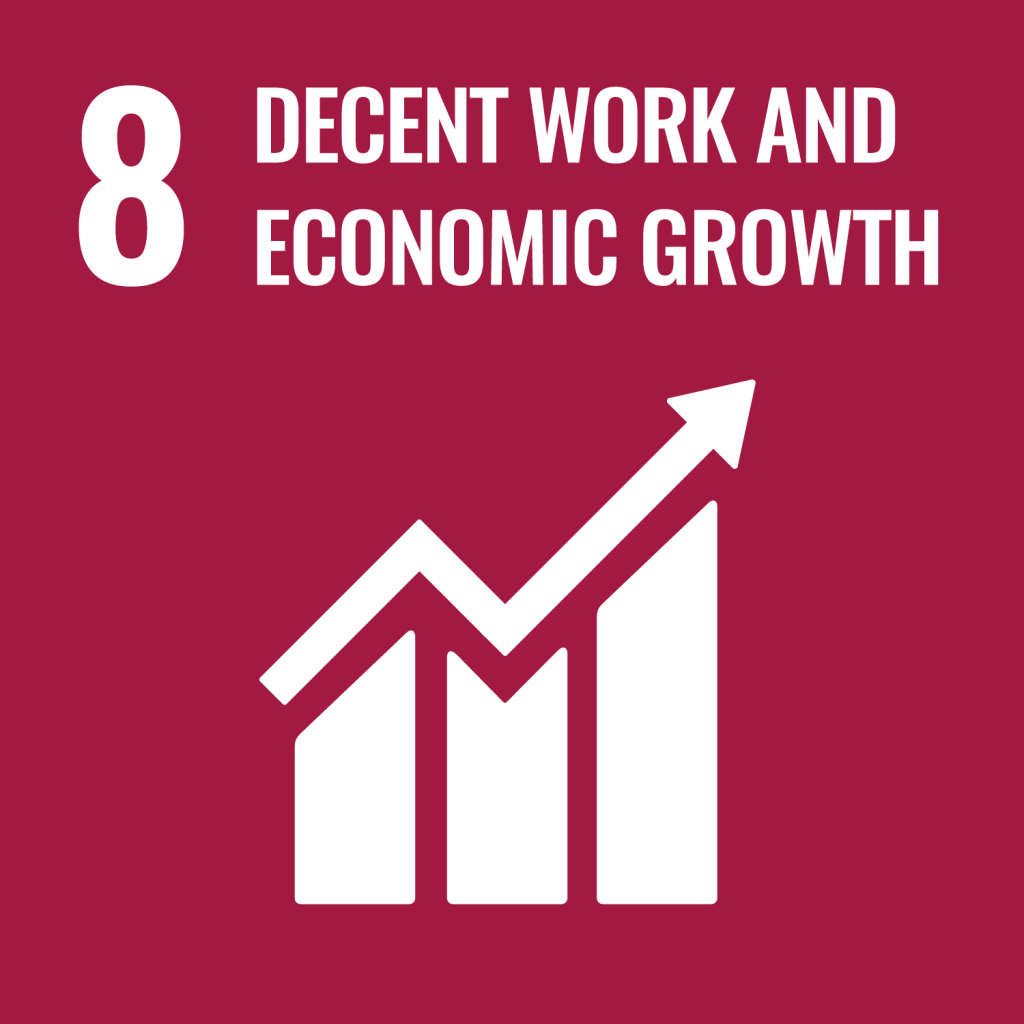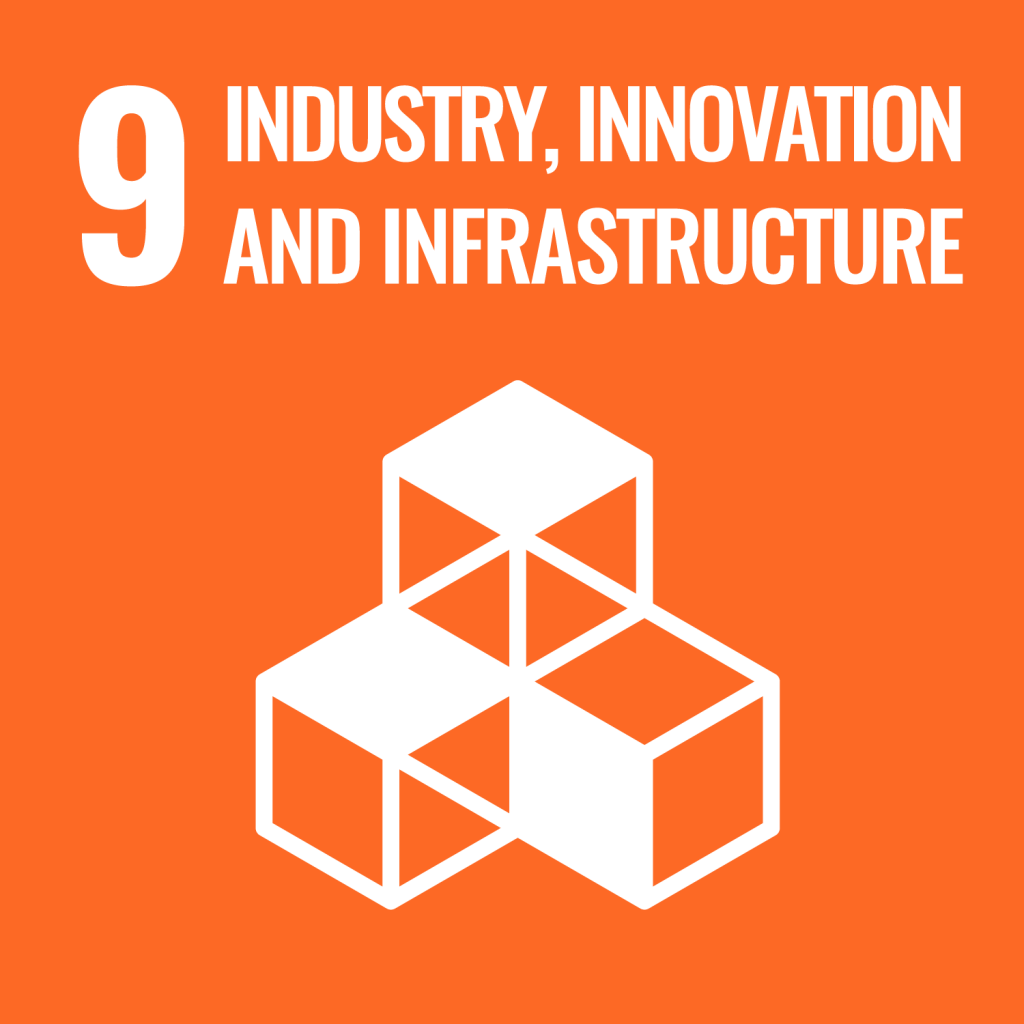Earth Ocean Farms
Medium (49-500)
Primary
Fisheries
Lesson
Sometimes the possibility of acting rests with a single company at the beginning. In small communities, when facing specific problems related to environmental conservation, or during the development of innovations for sustainability, the answer may depend on a single company acting. If the company recognizes the existing need and does not carry out an intervention, no other actor will be able to do so in a timely manner. The initial actions of companies can be rewarded with the rapid emergence of alliances with new partners and the host community. The integration of a business innovation process as central to the model differentiates the company in an industry where their main species is protected. Since its inception, the company has managed to obtain international recognition and approval to farm and harvest the fish due to their proven sustainable fishing approach.
Background
Earth Ocean Farms is a company focused on the sustainable and ecologically-mindful reproduction of marine fish, such as totoaba and the red snapper. Since its creation, the company has generated jobs in La Paz, Baja California Sur, through its sustainable methodology for the growth of fish, including breeding and care techniques in the laboratory, growth, open sea aquaculture, processing, and commercialization, which has helped provide economic activity in the region.





Sustainability Story
The toboaba (totoaba macdonaldi) is the largest fish in the Upper Gulf of California. Unfortunately, in the last one hundred years, the totoaba has been intensely targeted due to commercial, sport, and illegal fishing practices. The fish’s appeal is attributed to the demand in Asian markets for its swim bladder, or buche, to which various aphrodisiac and healing properties are attributed, placing its price in estimates close to $8,000 thousand US dollars (Federal Environmental Protection Agency PROFEPA, 2019).
The company began its history in 2009 and started operations in 2010 with shrimp farming in submersible cages on the high seas, which gave them the experience required to test with other species. In 2012, they began to experiment with other varieties of marine fish, which finally led them to focus on offering other species of high commercial value, such as totoaba and red snappers.
Together with its commercial activity founded under the precepts of sustainability, Earth Ocean Farms provides an alternative for obtaining totoaba in a commercially responsible manner through a Management Unit for the Conservation of Wildlife (UMA), facilitating not only the preservation of a marine species cataloged in danger of extinction, but also the repopulation of it through the release of juveniles since 2015. To date, around 100,000 totoabas have been released into the Sea of Cortez up until 2021 (Earth Ocean Farms, 2021).
Earth Ocean Farms Practices
| Open Sea Aquaculture | At risk species repopulation | Inclusive employment |
|---|---|---|
| Practice responsible and sustainable aquaculture with farms in open water. | Administer the totoaba marine repopulation program by releasing into the open sea and involving the local community. | Provide decent work opportunities and train local community fisherman to participate in the sustainable management practices of the species. |
Pathway Map
Open Sea Aquaculture
View the Pathway MapEnabling Factors for Practices
| Internal to the organization | External to the organization |
|---|---|
| Scientific experts: The team that makes up Earth Oceans Farms has a long professional history in the fishing industry. | Consolidated actor ecosystem: The SME has managed to consolidate comprehensive support among different actors: the state government, environmental agencies and civil society organizations. |
| Hurricane prevention measures: Despite carrying out aquaculture in a hurricane-prone area, they have managed to withstand the impacts, making it commercially viable. | Community support: With the generation of jobs in the region and the promotion of events for the community such as the repopulation of the totoaba, the SME has achieved recognition from the community. |
Arresting Factors for Practices
| Internal to the organization | External to the organization |
|---|---|
| Government promotion of a non-economic social form of aquaculture: Government programs focus more on developing it as a social activity rather than one of business, which hinders the scalability and escalation of this type of project. |
Lesson for Disaster Risk Reduction
The company has integrated disaster and climate risk assessments into their infrastructure investments. While they are testing novel ways to carry out their business operations, accounting for context specific natural hazards has informed the design, deployment and costs associated with the business. This is a way that business innovation can be aligned early in the process with risk informed decision making.
